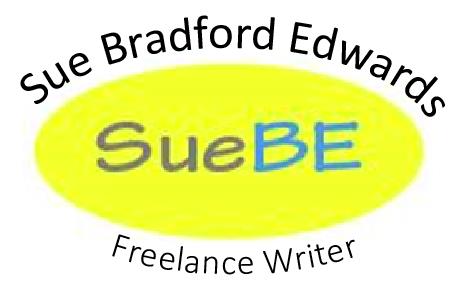
In the past when I’ve written about using mentor texts, here and here, I was talking about picture book writing. For those of you who may not remember, a mentor text is a book that you use as a guide or template in your own writing.
A recent post by Nancy I. Sanders reminded me that you can also use mentor texts in writing a chapter book or novel. This doesn’t mean that you copy it, but you use it to gather ideas about plot pacing, where in the book your interior and exterior conflicts should peak and more. To do this you are going to have to study your mentor texts and take some serious notes. This can include:
- How the story opens.
- What happens in each chapter? Don’t just look at the plot, look at new scenes, new characters and twists.
- When does the reader find out about the big story problem?
- If you’re a three act structure person, don’t panic. Which chapters are in Act 1? Act 2? Act 3?
- In which chapter the big change happens that kicks the plot into high gear.
- How long, how many chapters, does the character spend fighting the call to action?
- In what chapter does attempt 1 to solve the story problem begin? In what chapter does the failure to solve it take place? You’ll want to answer the same questions for attempt 2 and find out where attempt 3 begins.
- In which chapter you meet various key characters including sidekick, mentor, antagonist and more.
- What chapter contains the darkest moment?
- In which chapter the climax happens.
- How the story ends.
- How often does the writer introduce a new setting?
- How often does the writer start a new scene?
- A new character?
- When in the story does the author quit introducing new characters?
When choosing a mentor text, choose one that is similar in some important way to your own story. For a mystery, choose a mystery. For a romance, a romance. Quests and revenge stories would best mirror quests and revenge stories. This will make it a bit trickier but different types of stories have different conventions. Make a good choice, study your book well and soon you’ll be plotting out a story of your own.
–SueBE
